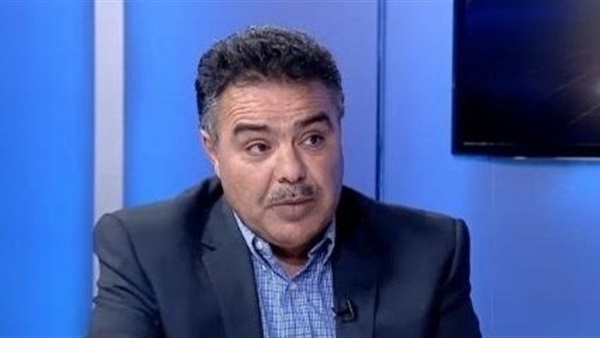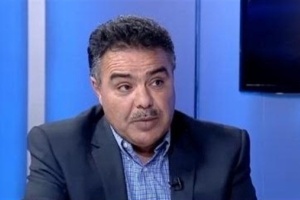By Abdullah Al-Kabir, a Libyan writer
Movement of December 24 Elections

Setting the date for the general elections on December 24 of this year is the most prominent outcome of the political forum dialogues. It is true that the other terms of the agreement are important and constitute the necessary basis for preparing for the elections, but including the date in the forum document and obligating all candidates and political forces to pledge in writing to respect all the terms of the agreement is the first step towards achieving this entitlement on time without delay. The political parties at the forefront of the scene do not want elections that are certain to oust them from power, and they realize that their chances of returning to power if they run for the elections are almost non-existent. The majority of the people are sure that these entities and personalities are one of the main reasons for this degradation in which the country has declined.
But is it sufficient to agree on the date of implementation of this entitlement, with what was granted and confirming it in statements issued by the major international powers and the Security Council? Of course not, our experience brought us back from 2014 until today that the current entities, especially the House of Representatives and the Supreme Council of State, do not want to leave, without ignoring the exception in the President of the Presidential Council welcoming the new authority and his readiness to hand over tasks and duties to it. But it is the exception that proves the rule. The next and decisive step is the popular movement organized and legally framed by civil society organizations, so the Prime Minister's pledge to adhere to the election date is not enough, and even if the intentions are good, we should expect some personalities or entities to set up obstacles and push towards postponing the date to a later date that may not come. Therefore, it is necessary to prepare to move through demonstrations, civil disobedience and media outlets in an organized manner if there are signs of disruption or obstruction.
The good news came from Tripoli a few days ago with the announcement of a gathering that included civil society institutions and political activists to declare the December 24 elections party, which aims to adhere to holding the elections on time, to enshrine the citizen’s right to choose who will manage his affairs, and to block any attempt to obstruct or delay.
The launch of this movement from Tripoli is a very important step waiting for it to extend to the rest of the near and distant cities. The spread throughout the country with unity of purpose facilitates coordination to move simultaneously, by going to the streets and squares and asking everyone to adhere to the election date if any party tries to set obstacles that prevent them, or the parliament and the State Council continue to disrupt the constitutional process that organizes the elections.
The lust for power is rampant among most of the figures that emerged after the February Revolution, despite their lack of political experience and their lack of leadership talent, confirmed that the willingness to face it peacefully through activating the mechanisms recognized in the democratic culture should start now. The majority, and perhaps everyone, will leave involuntary under the weight of streets and squares as they vibrate demanding change.
Elections remain a means and not an end, and we should not raise the ceiling of expectations high, as what has accumulated over the past years and decades, as well as the old structural problems, need a long time beyond the current generation to deal with it, but the road begins with regaining sovereignty, strengthening control over national decisions, and curbing this waste of national wealth.
The restoration of the homeland begins with the dropping of these flabby entities and emaciated personalities crouched on our chests through the ballot boxes peacefully. And the establishment of a culture that directs the candidate for any position to the voters to present his vision and project and strive to convince them and obtain their approval, not to travel abroad in search of recommendations from international and regional capitals.
Disclaimer: The views and opinions expressed in this article are those of the writer, and do not necessarily reflect those of the Libya Observer


